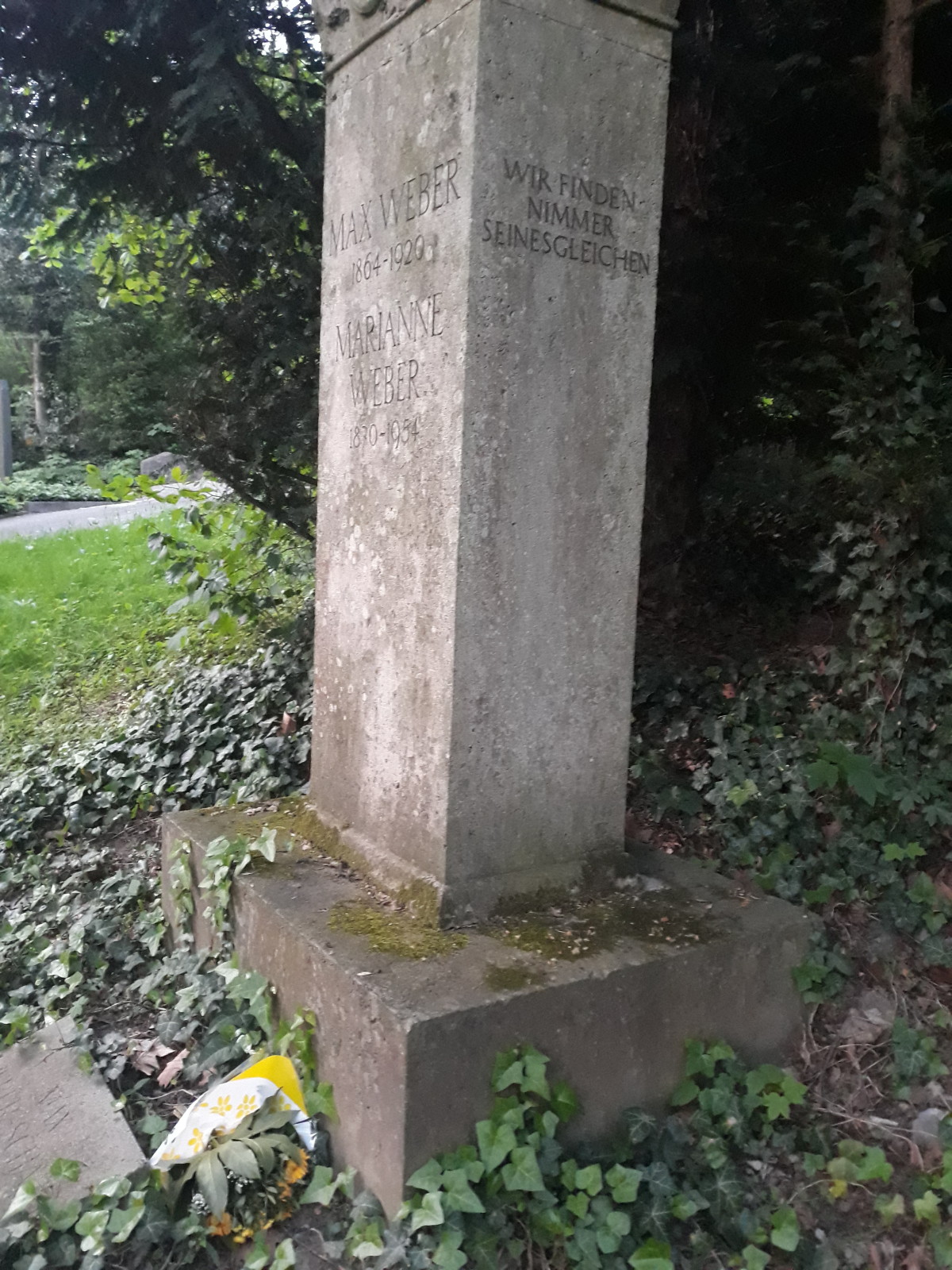New 3QD-column:
The Big Bang Theory has been one of the most successful sitcoms in TV history. Last month it ended. In many ways, it ended a long way from where it had begun; many commentators have noticed how the show has evolved together with cultural norms in the past decade. Its first seasons milked gender-stereotypes to a toe-wrenching extent; later, the main cast included more women, and generally changed its tone on gender and science – even making it a theme in several episodes.
Still, a sitcom like BBT needs its stereotypes, and BBT’s idea of geek culture did remain stereotypical; if not on the level of gender, then in other ways that I want to explore here.
More here.

